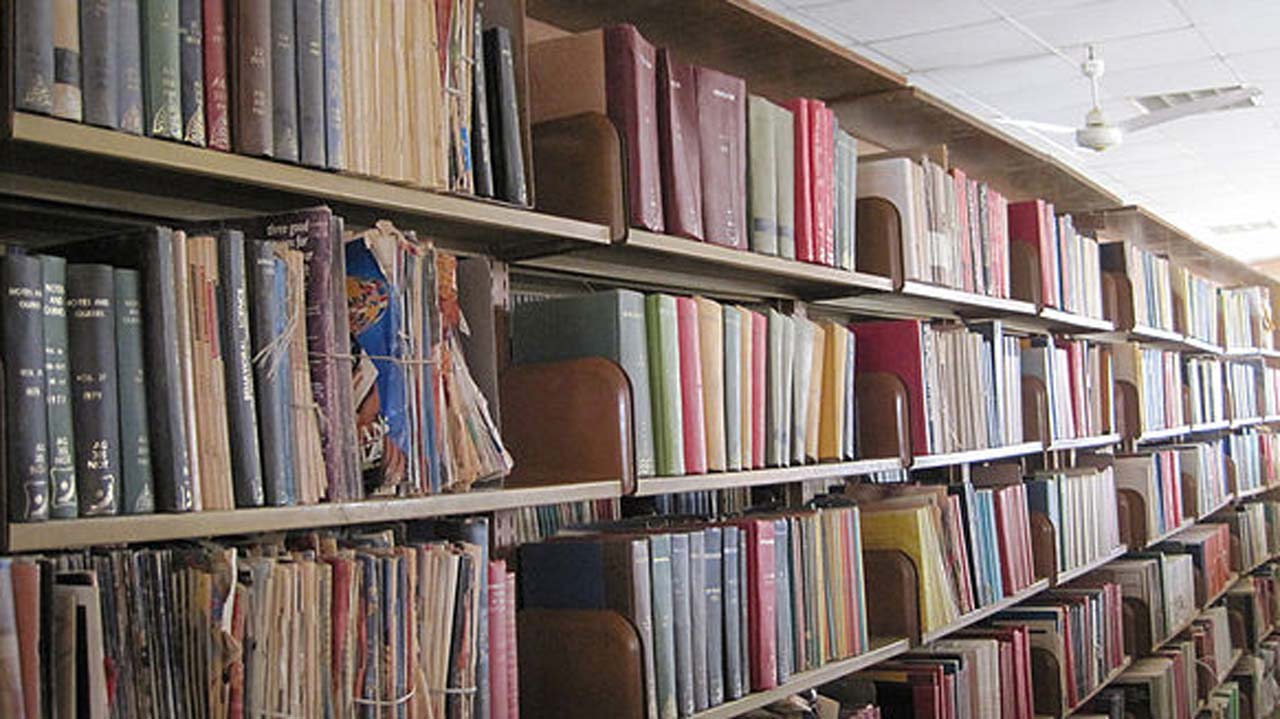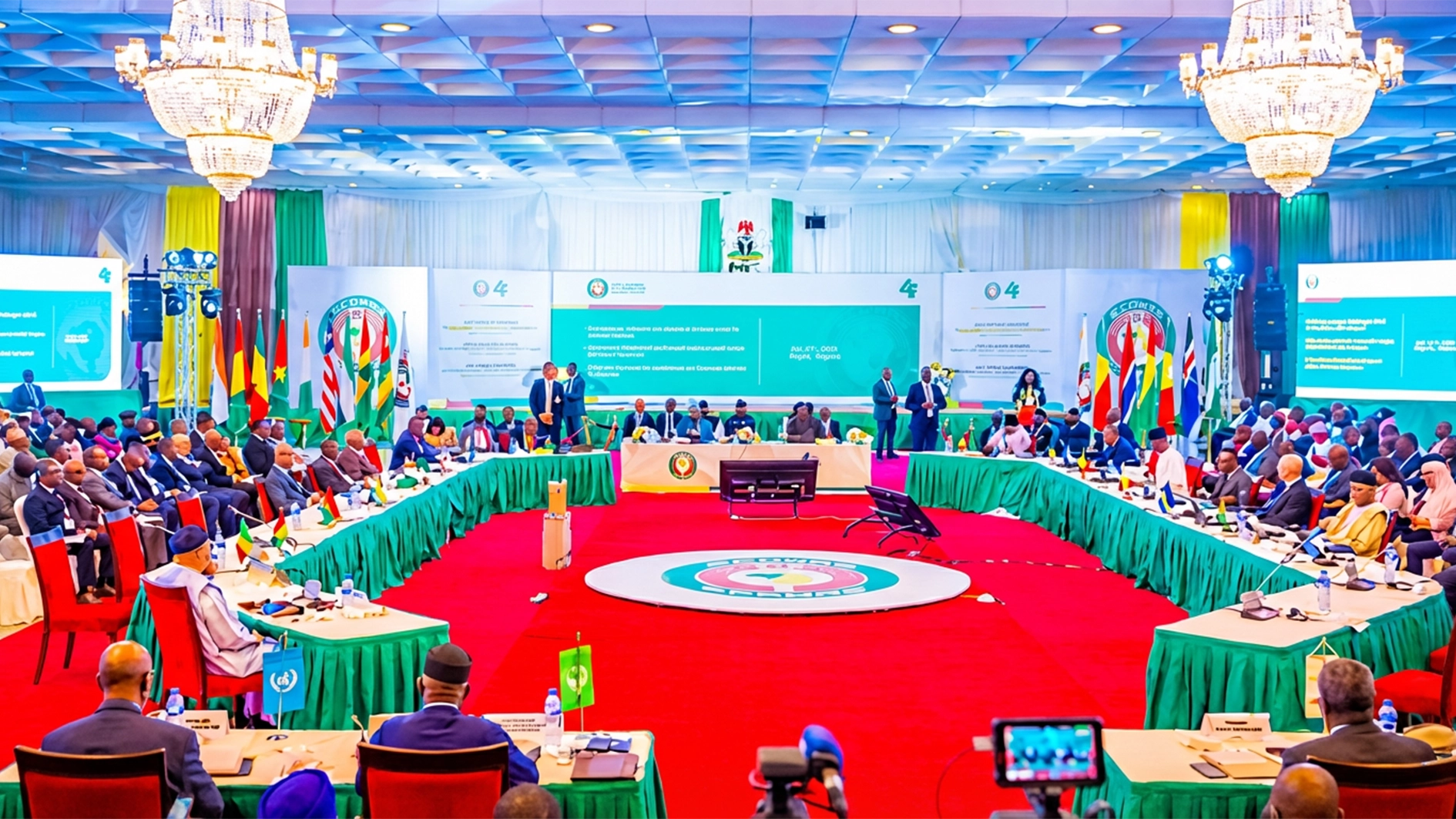 The lamentation by the National Assembly over the deplorable state of the uncompleted National Library permanent building in the nation’s capital as unearthed by the Committee on Basic Secondary Education is justified and the sorry state of affairs is an evidence of the low premium Nigerians or Nigerian governments place on history, records and knowledge.
The lamentation by the National Assembly over the deplorable state of the uncompleted National Library permanent building in the nation’s capital as unearthed by the Committee on Basic Secondary Education is justified and the sorry state of affairs is an evidence of the low premium Nigerians or Nigerian governments place on history, records and knowledge.
A National Library was established by an Act of Parliament in 1964. This was a year after the attainment of republican status. The time lag between Independence in October 1960 and the enactment of the Law for a repository of national records and publications already indicated Nigerians’ failure to respect the basic elements of national development. As at that time, there was already a National Library building in the heart of Lagos Island, behind St George’s Hall on Broad Street and there were branches in Ibadan, Enugu and Zaria. Yet, no conscious effort was made to improve on that.
The present outcry, however, is about the structure that was started in 1989 in Abuja and is yet to be completed. Why has it taken so long to build and why is the structure still uncompleted? The Chairman of the House of Representatives Committee, Zakari Mohammed cried out after an inspection tour of the uncompleted building.
In all these years without the “formal” structure of a National Library, what has become of the functions of those agencies set up to archive everything published in Nigeria and assign serial numbers to them? This role is to be performed in concert with international organisations. That Nigeria has not fulfilled its membership obligations to those international organisations is evident in the information by the National Librarian that the country owes agencies in Poland and the United Kingdom for subscription of as little as five thousand pounds for continued eligibility for inclusion in the International Series Book Number (ISBN) and the International Standard Serial Number (ISSN).
In a country where incredulous amounts are traced to individuals, how was it that such a small amount could not be paid by an agency of the Federal Government to an international organisation that would help with its record keeping? The House Committee’s description of the sordid matter as an embarrassment is, therefore, a gross understatement.
Beyond the usual excuses on the labyrinthine bureaucracy, this matter is an indication of a national attitude of disrespect for records and a failure to knowledge the need for life-long quest for truths. The committee chairman stated the obvious when he said, “we are all products of libraries.” What is the condition of libraries in all the 36 states of the federation and in the Federal Capital Territory? Do the 774 local government administrations even have a library each as would be the ideal?
The problem is that of all Nigerians as a people and not government’s alone.
It is said that the quest for knowledge is a life-long quest in itself. Educationists are, therefore, alarmed that students are no longer interested in ideas and the benefits of attending seminars. Their focus is on getting a certificate and they are willing to do anything for just that purpose. Sadly, across the nation, parents largely support this oddity.
Every invention by man is a two-edged instrument. It is up to the individual human being to determine to what use he will put any gadget. In today’s world of information and communications technology, reading (especially of books) is in decline everywhere. Collectively as peoples of nations, ethical culture is on the decline worldwide because people no longer read and imbibe their own cultures.
This newspaper has drawn attention to the tragic amnesia of Nigeria as a nation; especially over the importance of history. It was a struggle to re-instate the study of history into the curriculum the foundational institutions of education. Yet, it is an irrefutable fact that if you don’t know the past and who you are, you are not likely to know where you are heading.
While Nigerians have failed to respect and nurture the basic elements of nation building and to have a proper archive of their evolution, the world has gone digital. There are well-kept physical and electronic forms of documents and newspapers from the Nigerian nation in advanced countries that value such but hardly any in Nigeria! This is a disgrace.
The National Assembly has appropriately vowed to leave no stone unturned to ensure that the National Library Building in Abuja is completed. He acknowledged that this would necessitate stepping on some toes. This newspaper whole-heartedly supports his resolve and hope that all relevant organs of government would wake up to their specific responsibilities to complete the project.
Beyond eliminating this obvious national embarrassment, Nigerians, as a people, must recognise and cherish the importance of records and monuments. This attitudinal change is needed for the appreciation and maintenance of a National Library and other such infrastructure for the long-term benefit of the country.
[ad unit=2]






